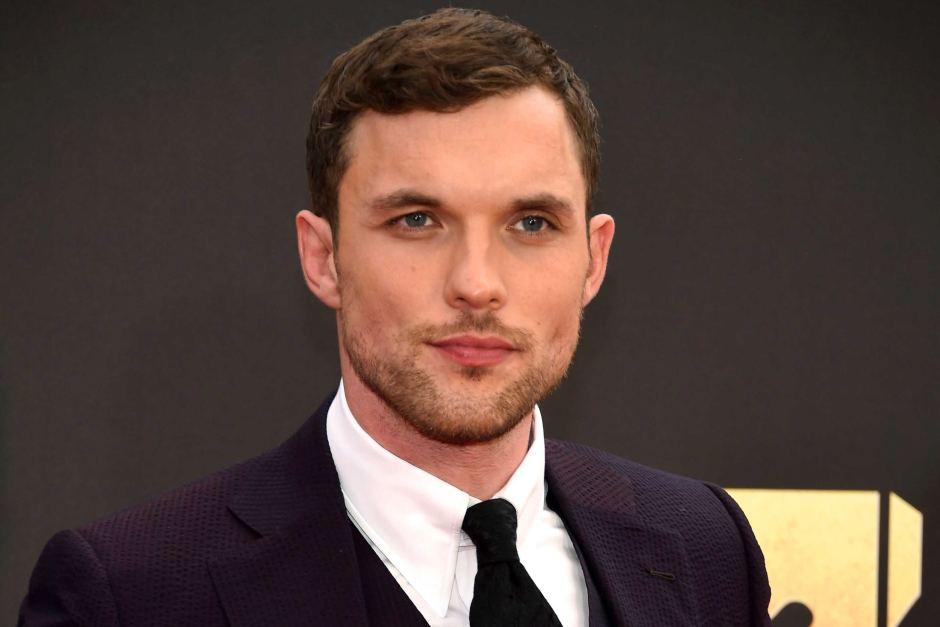Once again, the public erupted in backlash against Hollywood cinema’s whitewashing of roles after a casting announcement was released that Ed Skrein would be playing Major Ben Daimio, a character of mixed-Asian descent, in the upcoming Hellboy reboot. From Mickey Rooney’s offensive performance as Yunioshi in “Breakfast at Tiffany’s” to Scarlett Johansson’s role in the recent anime adaptation “Ghost in the Shell,” Hollywood has a long history of whitewashing roles. It’s 2017, yet cinema and casting have made little progress towards including minority voices in their narratives while outright replacing roles originally made for people of color with white actors.
While the criticism that erupted on social media from both fans and within the industry—such as the actor Simu Liu, who tweeted “I must have gotten an audition for Ben Daimio, an Asian character, in #Hellboy. Oh wait, I didn’t… no Asian actor did… #whitewashedOUT”—was something that we have encountered on several occasions in the past few years, the actor’s response was unique. Following the criticism, Skrein chose to leave the film—a miscast white actor finally stepped up to the inherent racism within the film industry and turned down a role meant for non-white representation.
In a public statement released on Twitter, Skrein acknowledged the problems within the industry and set a precedent for other actors to step up and do the same. “it is clear that representing this character in a culturally accurate way holds significance for people, and that to neglect this responsibility would continue a worrying tendency to obscure ethnic minority stories and voices in the Arts,” he said “It is our responsibility to make moral decisions in difficult times and to give voice to inclusivity.”
Cinema has a long history of whitewashing rooted in vaudeville and minstrelsy, including in blackface and yellowface, enforced in the exaggeration of racist stereotypes. Hollywood has not only continuously erased people of color from their own storylines, but has eliminated racial minorities from representing the hero that breaks the tokenistic tropes that are set aside for people of color. As Nikesh Shukla, British blogger and writer, explained: “white people think that people of color only have ethnic experiences and not universal experiences.” We live in a society that is progressing in its acceptance of diversity and promotion of inclusivity, so why hasn’t the film industry realized the immense benefits that could result from opening up its traditional cinematic roles to people of color? Why hasn’t the industry realized that giving ethnic minorities the opportunity to narrate roles based off of other ethnic minorities will give the character and performance an agency that cannot be matched?
While the fault lies with directors and casting agents who put out auditions that call solely for white roles, Skrein demonstrated the significant steps that could be taken and achieved by actors themselves by simply denying a role that was originally created for the voice of an underrepresented group.
Following Skrein’s departure, the role of Major Daimio was given to Korean-American actor Daniel Dae Kim, who applauded “the producers and, in particular, Ed Skrein for championing the notion that Asian characters should be played by Asian or Asian American actors.” However, Skrein also taught us that actors need to focus on prior research before accepting a role. Actors need to be aware that their ignorant acceptance of a miscast role can have negative consequences that contribute to a system of inequality, which believes narrating ethnic minority stories with caucasians will generate more views and bigger profits. Ethnic minorities have already been calling out the system for a while now; Ed Skrein is simply a white man who was able to make a point with his privilege. He absolutely set a precedent for other white actors: yes, you can end whitewashing.



